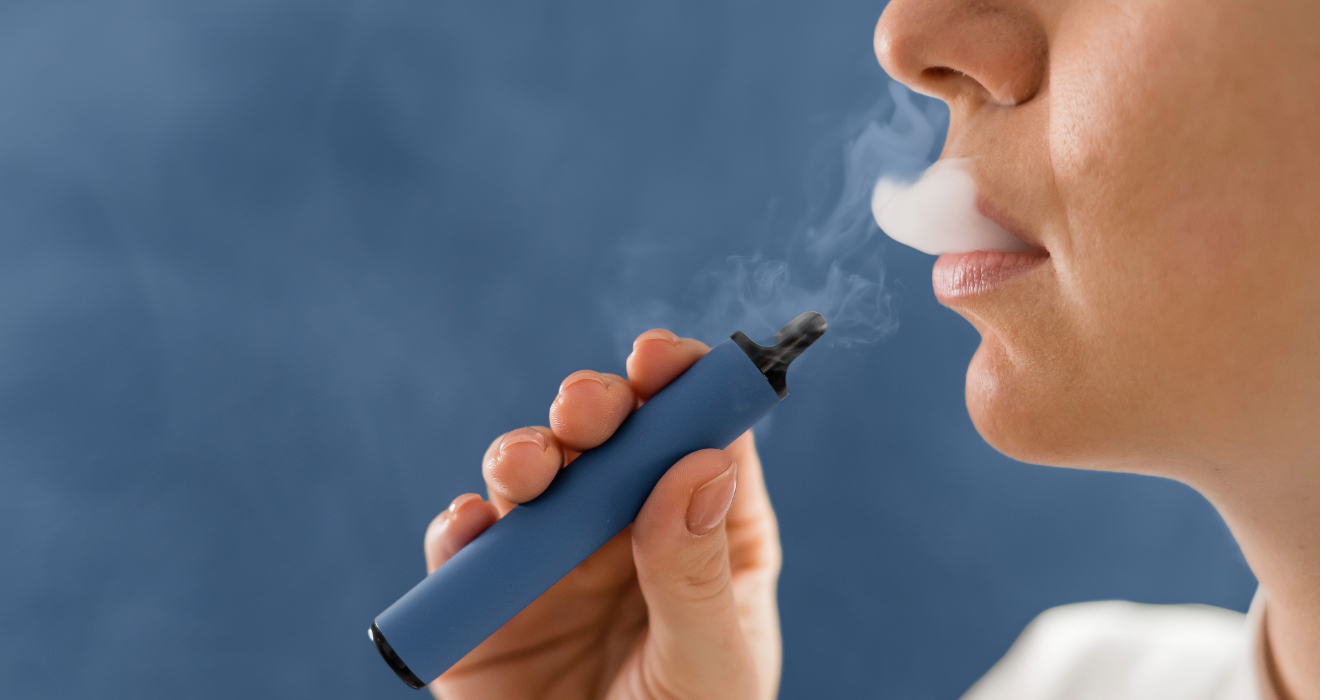Vaping-Related Respiratory Illness – What it Looks Like and Why it’s Spreading so Quickly
On August 6, a young man in his early 20’s arrived at Salt Lake City Hospital’s Emergency Room. Along with severe aches and pains, he was vomiting and couldn’t breathe properly. The attending physician thought perhaps the man was suffering from an infection, but found none. Within a few days, several more patients arrived at the ED with the same symptoms. After treatment and further investigation, a single commonality was found—all of the patients were actively vaping using THC oils.
On September 26, the Centers for Disease Control (CDC) announced that since April 2019 47 cases of this vaping-related illness had been reported in Utah and another 805 cases reported in 46 states and the US Virgin Islands. Canada has also reported vaping-related illnesses in their general population.
A New England Journal of Medicine Study found that of 53 patients in Wisconsin and Illinois presenting with this illness, all reported e-cigarette use within the past 90 days.
The illness continues to baffle doctors who are basically treating a disease of unknown origin. Patients with the mystery illness begin experiencing symptoms within a few days to a few weeks after vaping. They complain of respiratory symptoms such as coughing, shortness of breath, chest pain and difficulty breathing. Nausea, vomiting, diarrhea, fatigue, abdominal pain, fever and weight loss are also common.
Many have been admitted to the hospital with seriously ill patients going to the ICU to receive oxygen support through ventilators or intubation. As of October 1st this year 12 deaths across 10 states have been reported due to the vaping-related illness—a number that the CDC expects to grow in the coming months.
Almost 75% of the patients are male between the ages of 18 and 34. Alarmingly, nearly 20% are under the age of 18. In the absence of a known cause, treating these patients is tricky. Treatment with steroids has shown promise, but providers are advised to only prescribe steroids on a case-by-case basis.
The Schmitt-Thompson Clinical Content website’s October Clinical Update focuses specifically on this topic and offers additional information about vaping and the ingredients found in vaping fluids. Doctors Schmitt and Thompson authored telephone triage guidelines for both pediatric and adult patients. Used by health systems, physicians offices and more than 95% of medical call centers in America — including AccessNurse — the Schmitt-Thompson guidelines are considered the ‘gold standard’ in telephone triage guidelines.
As flu season quickly approaches, providers will be facing more challenges because many of the symptoms of the vaping-related illness are identical to those of the flu. If flu tests return a negative result, providers can save valuable time in assessment and treatment by proactively asking patients about possible e-cigarette usage.




